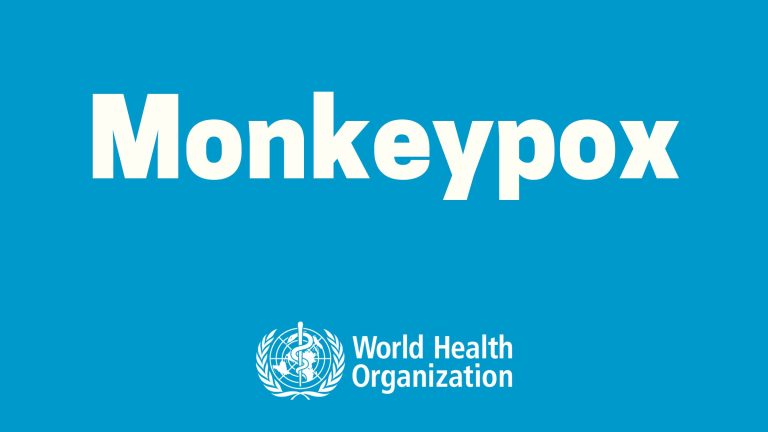The Africa Centres for Disease Control and Prevention (Africa CDC) has expressed its readiness to combat the spread of zoonotic disease with 23 million doses of Mpox vaccine this year.
The Director-General of Africa CDC, Dr Jean Kaseya who made this known at a webinar engagement on Tuesday, said that the centre had already secured 10 million doses of Mpox vaccines for a start.
“We have a clear plan to secure more than 23 million doses in Africa, starting with 10 million doses in 2024.
“I am telling you with 100 per cent confidence that these doses will be available for African countries,” the director-general said.
Kaseya emphasised the need for a long-term vaccination strategy, given the changing nature of the epidemiology of Mpox.
“We do not have a full understanding of what is happening with Mpox.
“This is one of the concerns that we have. It means that we need a long-term plan in terms of vaccination.
“Africa CDC is working tirelessly with partners and manufacturers to ensure that the vaccines reach every country, community, and individual in need,” he said.
He assured that the vaccines, along with diagnostics and enhanced surveillance, would play a crucial role in preventing the import and export of the disease across borders.
He said that there was a critical need for community engagement and risk communication to educate the public on necessary precautions.
“There is no reason to close borders. There is no reason to stop trading.
“By declaring this public health emergency of continental security, we are ensuring that we have the tools—vaccines, diagnostics, and reinforced surveillance—to protect our people.
“The Africa CDC plans to hold weekly press conferences to provide ongoing updates and details on the vaccination campaign and other measures being implemented.
“This declaration mobilises the continent’s institutions and resources to act decisively,” he said.
He described the declaration as a call to action aimed at enhancing the global response.
He said that it was also aimed at mitigating the health threat’s impact and protecting public health while ensuring minimal disruptions to travel and trade.
The director-general also assured that there would be no advisories for the interruption of the movement of people and goods.
He, however, commended the ceasefire agreement in conflict areas such as the Eastern Democratic Republic of Congo, which is expected to aid in containment efforts in heavily impacted regions.
He called for unity and resilience among African nations and communities.
“Mpox may have taken us by surprise, but it will not defeat us. Together, we will rise above this challenge. Together, we will protect our people, our future, and our continent.
“The Africa CDC is set to finalise a joint response plan within the next two weeks, in collaboration with national health authorities and international partners.
“This is to ensure a coordinated and effective approach to combating Mpox across the continent,” he said.
Mpox is a viral disease caused by the monkeypox virus.
The disease can spread from animals to humans and could spread between humans through close contact, respiratory droplets, and contaminated objects.
Mpox is characterised by symptoms such as fever, rash, and swollen lymph
The World Health Organisation (WHO) and other health bodies renamed monkeypox “Mpox” in 2022 to reduce the stigma and discrimination associated with the original name.
NAN


